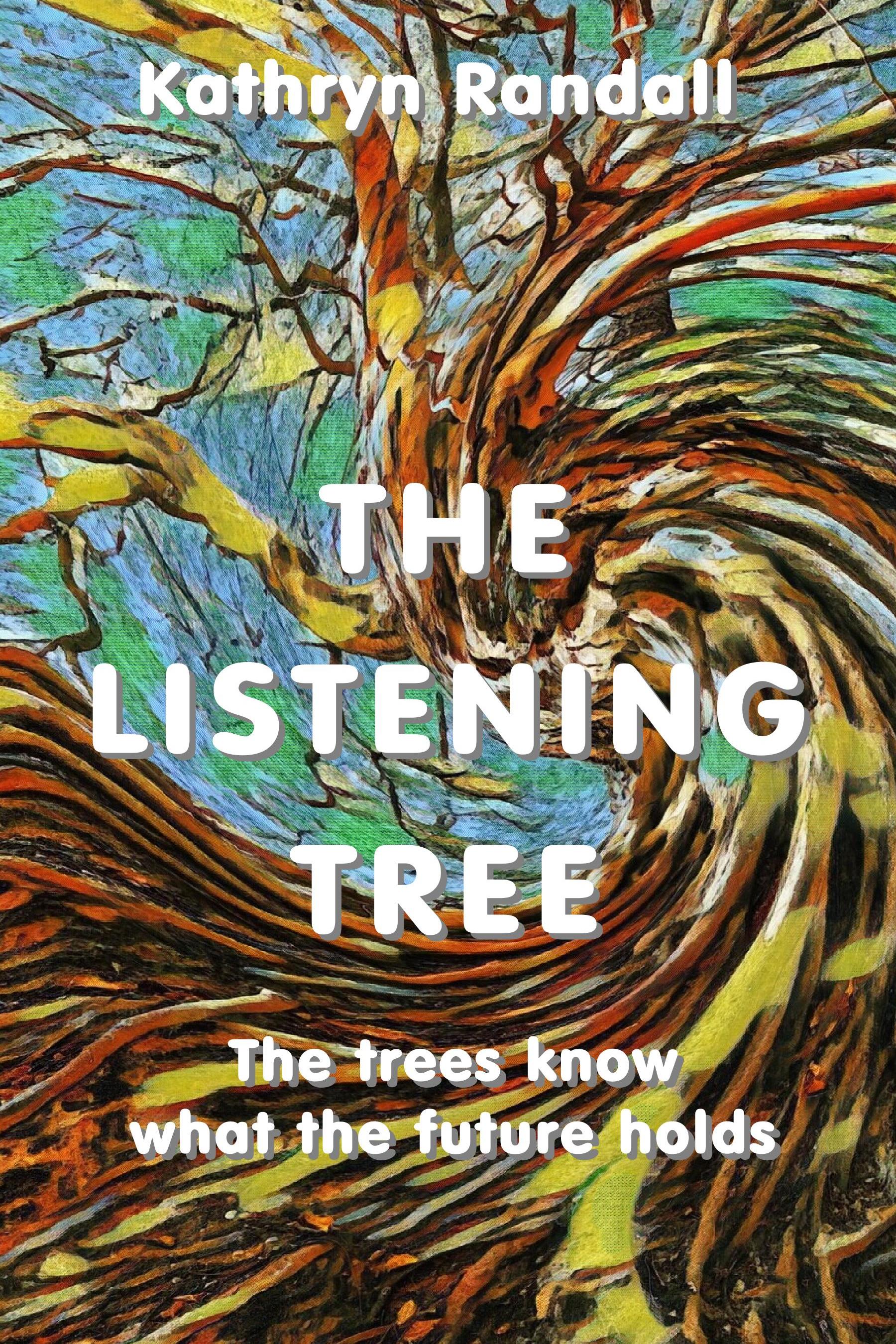
Welcome.
My name is Kathy Randall and I write imaginative books for young people that incorporate science, the natural world and elements of magical realism and fantasy.
My debut novel, The Listening Tree, is being published by All Things That Matter Press.
I hope the readers of this book will be inspired to find their own special place in nature, and develop a lifelong love of learning and discovery, be it through the literary arts like Ruth, in the scientific realm like Arabeth, or in the technological field like Michael.
Our natural world is changing rapidly.
We each need to find our own Listening Tree.